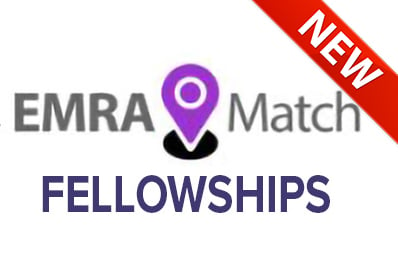Wilderness Fellowships
EMRA is launching Fellowship Match! We are adding fellowships daily.
Look for fellowships using criteria important to you.
- Geographic location
- Fellowship type or training opportunity
- Advanced Degrees Offered?
- Is Moonlighting Allowed?
- Length of Program?
- Number of Shifts per month?
- Save your favorites
- Export your fellowships to a spreadsheet to look at offline
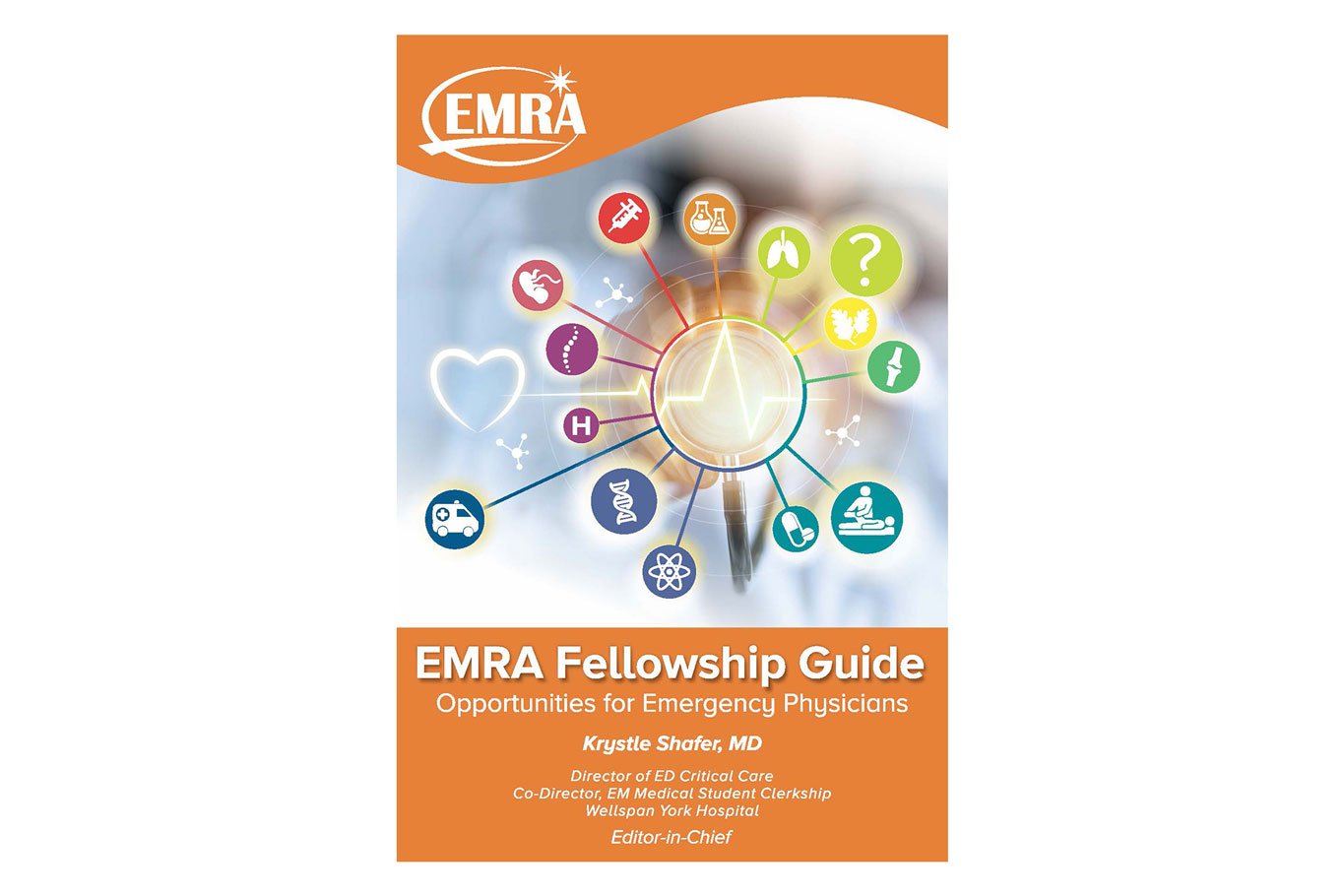
EMRA Fellowship Guide
Chapter 30 Wilderness Medicine Fellowship
Wilderness medicine (WM) is the practice of medicine with limited resources in austere environments, or health care provided anywhere in which environmental conditions have inflicted a patient’s physiologic insult. This simple definition belies the complexity of this specialty, as well as the extensive and varied opportunities it provides. Training in wilderness medicine can prepare physicians to treat mountaineers and sherpas on Everest, serve as directors of national parks, oversee search and rescue missions, work in hyperbarics or dive medicine, and provide medical care on expeditions or at remote scientific base camps. A wilderness medicine physician must not only have a knowledge of medical problems that arise in the elements (i.e. acute mountain sickness, hypothermia, lightning strikes, dysbarism, and envenomations, to name a few), but also how to acutely manage these problems outside of the hospital and often with minimal support.
Go to Chapter 30Related Content
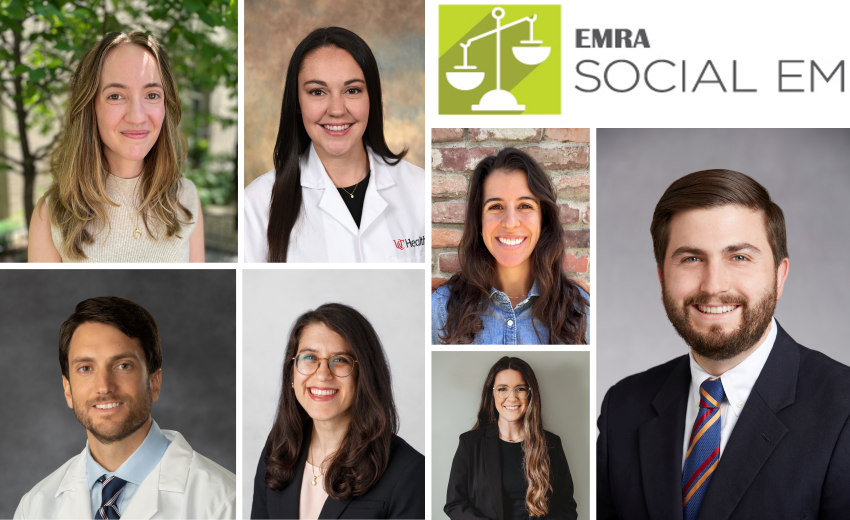
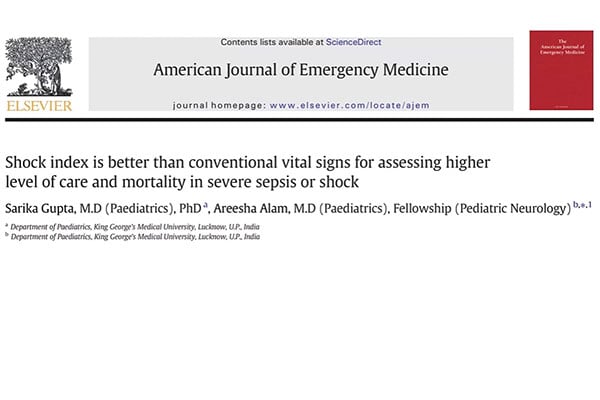
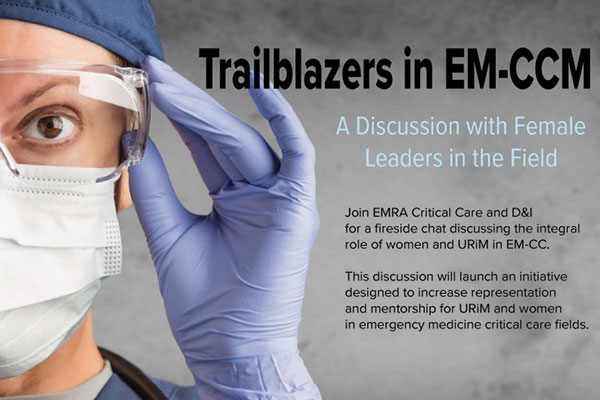
Feb 25, 2021
Trailblazers in Emergency Medicine : CCM
The EMRA Critical Care and D&I Committees hosted a fireside chat discussing the integral role of women and URiM in EM-CC. This discussion will launch an initiative designed to increase representation and mentorship for URiM and women in emergency medicine critical care fields.




